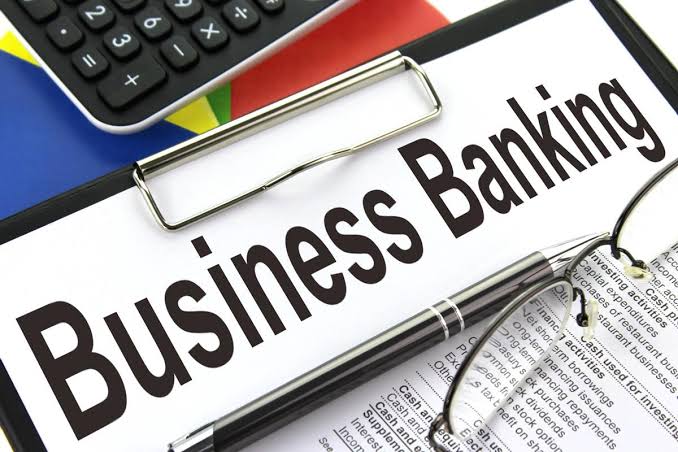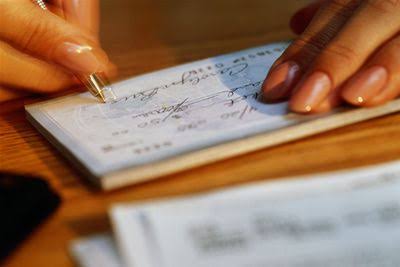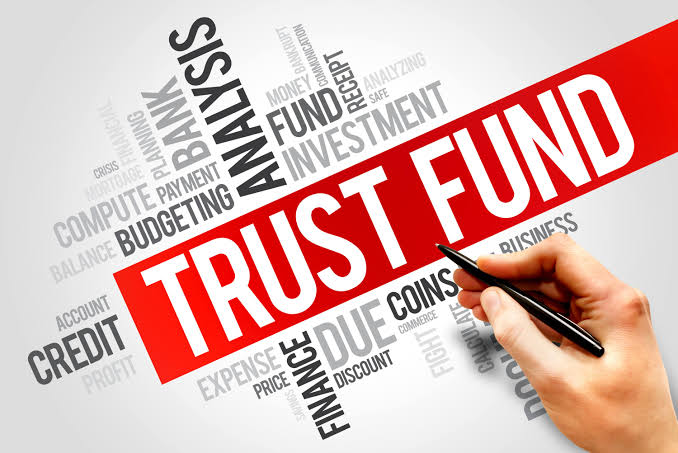
Opening a bank account for your business is a process in determining which type of account suits your business’ needs. Indeed, selecting the right bank requires you the knowledge about the amount of money you need to deposit upon activation of the account and providing required documents. By opening a business bank account makes it easier for an entrepreneur to keep his business and personal cash flow separate.
Before we go on with the requirements needed for account opening, let us go through first with the types of the bank that can answer to your business needs.
Retail Bank
This is the type of bank that people are most familiar with. It offers its members or depositors financial products and services such as bank accounts, loans, credit cards, and insurance. And in most cases, they set-up checking accounts and make loans for small-scale businesses.
It can be traditional, brick-and-mortar brands that customers can access in person or online. Other retail banks only make their tools and account available online or through a mobile application.
Commercial Bank
This type of bank tends to focus more on supporting businesses, either small scale or large scale businesses can turn to commercial banks in opening a checking or savings account, getting a loan, get access to credit or transfer funds to companies in foreign markets.
Shadow Bank
Its banking system consists of financial groups that are not bound by the same strict rules and regulations that other banks have to comply with. It is a bank that deals with credit and different kinds of assets but they get their finding by borrowing it, connecting with investors and making their own funds instead of using money issued by the central bank.
Investment Bank
It is a financial company or corporate division that engages in advisory-based financial transactions on behalf of individuals, corporations, and governments. It is traditionally associated with corporate finance that might assist in raising financial capital through underwriting or acting as the client’s agent in the issuance of securities. Its primary role is to serve as a sort of intermediary between corporations and investors through initial public offerings or IPOs.
It can also assist companies involved in mergers and acquisitions and provide ancillary services such as market marketing, trading of derivatives and equity securities, and fixed income instruments, currencies and commodities. An investment bank can also be split into private and public functions. Its private area deals with private insider information that may not be publicly disclosed, while the public areas like stock analysis deal with public information.
Cooperative Bank
It is retail and commercial banking organized on a cooperative basis. These are small units in the co-operative sector that operates both in urban and non-urban centers. This type of bank is traditionally centered on communities, localities and workplace groups and they essentially lend to small borrowers and businesses.
Credit Union
This is a type of financial cooperative that provides traditional banking services but it is a member-owned financial cooperative controlled by its members and operated on the principle of people helping people, providing its members’ credit at competitive rates as well as other financial services.
We have already specified the types of banks and their functions, let us go through the main categories of savings accounts offered by these financial institutions.
Personal Bank Account
This is certainly perfect for sole trading businesses to separate the owner’s personal earnings from his business’ income and expenses.
An individual can open several personal bank accounts under their name with the same bank and no need to open a new account on another bank and a need for a business name is not required to open this type of savings account, but if the owner prefers a business name showing on his checkbook, this can be arranged by the bank. Bank fees on personal type accounts can be a lot less compared to business accounts.
Business Account
You can use this type of account for sole traders, partnerships and registered companies. These accounts are great when more than one person has to sign checks or needs access to online banking. Banks often offer incentives for small businesses to open this type of account by offering reduced fees for a specific period. Business credit cards can also be issued for its selected staff with restricted spending limits.
Internet Banking
All the different accounts belonging to the individual or business can be viewed within one page.
With business accounts, members can have access to their own log-in details and have different levels of authority or viewing access to all of their accounts.
Aside from the mentioned main categories of bank accounts, here are its different types an entrepreneur can choose from based on the business needs and specifications.
Checking Accounts

These are the daily transaction or working accounts for individuals and businesses for which checkbooks are available.
Savings Accounts

This is the best place to keep extra funds while earning interest and in which movement of funds should remain low.
Time Deposits

This is a great way to earn high interest for a specific period of time during which you cannot move and withdraw the money.
Call Accounts

This is similar to time deposits, this type of account requires a minimum deposit and a minimum maintaining balance to earn interest but has flexibility in withdrawing funds when required.
Trust Current Accounts

Used by solicitors to receive funds from clients that will be allocated towards house settlements or domestic settlements, certain costs relating to legal cases, moved to call accounts to earn interest, or transferred to the solicitor’s business account for payment of fees.
Client Funds

This is used by solicitors to hold funds paid in by clients in which funds are not being immediately paid out for any settlements or costs.
Foreign Currency Accounts

These types of accounts are great for importers and exporters who pay or receive funds in another currency.
Upon reviewing which type of bank and bank accounts that can cater to your different needs, let us now proceed with the requirements needed in opening a business bank account:
Doing-business-as name (DBA)
This is often referred to as a “fictitious name” that allows you to conduct a business under a name that differs from the existing name of your business. Filing for a DBA allows entities to do business under another name without having to form a new organization. An entrepreneur would need to register for a DBA allowing him that he could do business under this name that includes accepting and signing checks made out to and on behalf of your business.
Employment Identification Number (EIN)
This is needed if the business owner is a sole proprietor wherein the social security number, and a driver’s license or passport shall also be presented.
Articles of Incorporation
This shows the bank hos the structure of the business, and you use them to register your business with the states and other entities.
Business Licenses
Business licenses ensure that your business is accountable for all the actions, including taxes and finances. Regardless of the bank’s entity, banks generally ask for a current business license as proof that you are legally able to conduct business in your area.
Identification Documents
This will prove your identity that includes government-issued picture ID with the likes of a driver’s license and passport. You can use it to confirm that the business owner is indeed the person who owns or runs the corresponding business.
Comments
0 comments


cialis generic
buy cialis online with a prescription
buy furosemide online uk cheap
buy generic cialis online safely
cialis 5mg online
Vulkan Vegas looks like a professional casino with a lot to offer. At first glance, the platform seems quite simple; however, they genuinely go out of their way to produce some really cool
Vulkan Vegas brings you a different take on the betting platforms you’ve become so accustomed to. This platform is fresh and exciting. What adds to the appeal is the riveting bonus
??? ???
From this Vulkan Vegas casino review, it’s evident that it has a lot to offer. Ranging from the vast assortment of games with new ones constantly being added to the fantastic
When someone writes an article he/she retains the idea of a user in his/her brain that how a user can know
it. Thus that’s why this piece of writing is outstdanding.
Thanks!
Kamagra Oral Jelly Western Australia stromectol msd
cTfFWDBvnAadUzS
oLDejHhxU
IsoCSzjchqgvtdk
JuYSUeBXyzGfp
hey there and thank you for your information – I have certainly picked up something new from right here.
I did however expertise some technical points using this web site, since I
experienced to reload the site lots of times previous
to I could get it to load properly. I had been wondering if your hosting is OK?
Not that I am complaining, but slow loading instances times will very frequently affect your placement in google and can damage your quality score if ads and marketing with Adwords.
Well I’m adding this RSS to my e-mail and can look out for
much more of your respective exciting content. Make sure you update this again soon..
Escape room lista
Real wonderful information can be found on web blog.?
Thanks for sharing. I read many of your blog posts, cool, your blog is very good.
You have made some really good points there. I looked on the net to find out more about the issue and found most people will go along with your views on this website.
I’m very happy to find this page. I need to to thank you for your time for this fantastic read!! I definitely enjoyed every bit of it and I have you saved to fav to see new stuff in your site.
The very next time I read a blog, Hopefully it won’t disappoint me just as much as this particular one. After all, I know it was my choice to read through, but I genuinely believed you would probably have something helpful to talk about. All I hear is a bunch of crying about something that you can fix if you were not too busy searching for attention.
I needed to thank you for this very good read!! I absolutely loved every little bit of it. I’ve got you saved as a favorite to look at new things you post…